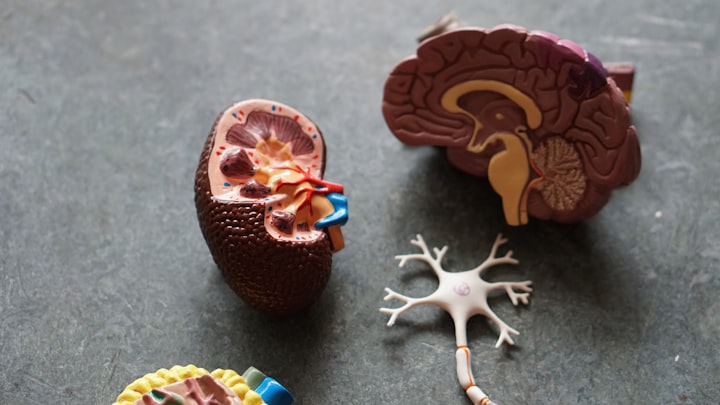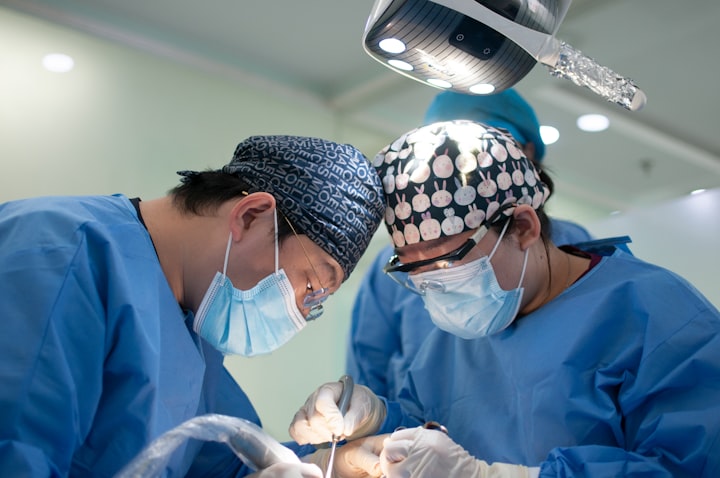A Complete Guide About Kidney And Urinary Tract Problems
Kidney stones may sometimes pass on their own without the need for treatment.

What are kidney stones, and what causes them?
Kidney stones are lumpy salt, calcium, or other mineral deposits that occur within the kidneys. Renal calculi, nephrolithiasis, and urolithiasis are all terms for the same thing.
Kidney stones may form as a result of certain diets, being overweight, having certain medical problems, and using certain vitamins and drugs. When urine gets concentrated, minerals crystallize and bind together, resulting in stones.
From the kidneys to the bladder, kidney stones may harm any section of the urinary system. It may be rather uncomfortable to pass these stones.
Kidney Stones and Their Causes
Several factors might be at blame, including:
• Dehydration
• Diet
• Obesity
• Irritable bowel illness
• Type 2 diabetes
• Urinary calcium retention due to a congenital kidney malfunction
• High amounts of specific compounds in urine
What Is The Technique For Removing Kidney Stones?
Kidney stone passage may be comparable to childbirth in terms of agony. If you prefer not to go through that, the good news is that kidney stone removal is rather simple. If you are in Singapore and plan to go for it, you must be aware of kidney stones removal cost Singapore.
Extracorporeal shock wave lithotripsy is a kind of lithotripsy that takes place outside of the body (ESWL)
Extracorporeal shock wave lithotripsy (ESWL) is the most frequent method of removing kidney stones nowadays, particularly for tiny stones. Sound waves are used to break up kidney stones into tiny fragments, making them simpler to pass naturally via the urinary system.
An ESWL normally takes 45 minutes and is performed throughout the day. You'll be given painkillers or a general anesthetic to help you rest before the treatment and to reduce any discomfort you may have during it.
Are there any other ways to get rid of kidney stones?
Percutaneous nephrolithotomy (PCNL) AND Ureteroscopy can help you get rid of kidney stones.
How may kidney stones be avoided?
To lower your chances of acquiring kidney stones, you may adopt a few lifestyle adjustments.
• Drinking enough water throughout the day
• Consuming less oxalate-rich meals
• Incorporate less salt and animal protein into your diet.
• Consume calcium-fortified foods
What is the role of a urologist?
Urologists detect and treat urinary tract illnesses in both men and women. The urinary tract is the body's mechanism for producing, storing, and removing pee. Urologists may work on any region of the urinary tract. This includes the following:
• kidneys, which filter waste from the blood to make urine; and ureters, which carry urine from the kidneys to the bladder.
• the bladder, which is a hollow sac that stores urine; the urethra, which is the tube that carries urine from the bladder out of the body; and the adrenal glands, which are hormone-releasing glands positioned on top of each kidney.
• Reproductive systems, urologists deal with the whole male reproductive system. The penis, which is the organ that releases urine and transports sperm out of the body, and the prostate, which is the gland underneath the bladder that adds fluid to sperm to generate semen, make up this system.
• testicles, which are two oval organs within the scrotum that generate sperm and create the hormone testosterone.
What are some of the ailments that urologists treat?
Below are some ailments that are treated by urology specialist Singapore:
• Urologists deal with a broad range of issues affecting the urinary system and male reproductive system.
• Urologists treat bladder, kidney, penis, testicles, and adrenal and prostate gland malignancies in males.
• Enlargement of the prostate gland
• Erectile dysfunction, or difficulty obtaining or maintaining an erection
• Infertility
• Interstitial cystitis, also known as painful bladder syndrome
• Kidney problems
• Kidney stones
• Prostatitis, or inflammation of the prostate gland
• Urinary tract infections (UTIs)
• Varicoceles, or swollen veins in the scrotum






Comments
There are no comments for this story
Be the first to respond and start the conversation.